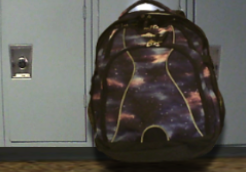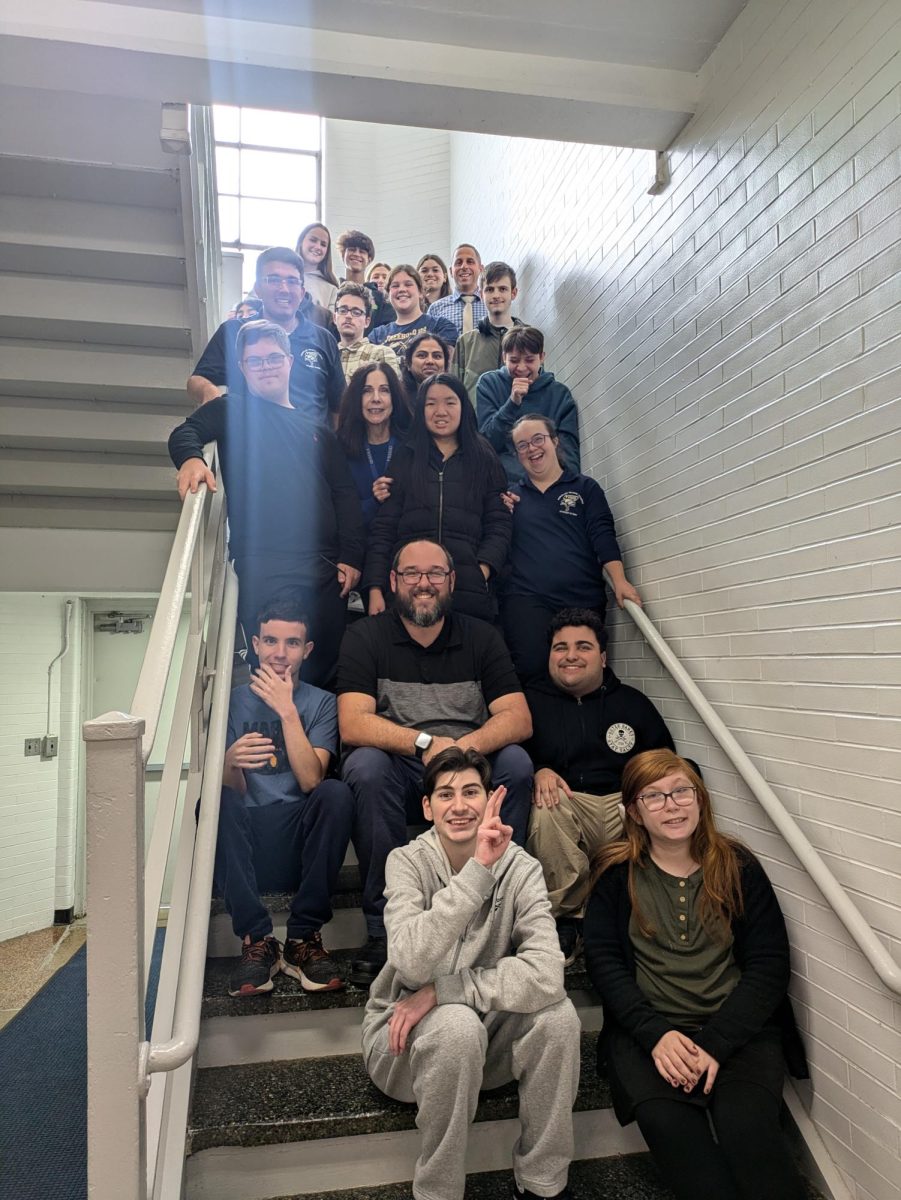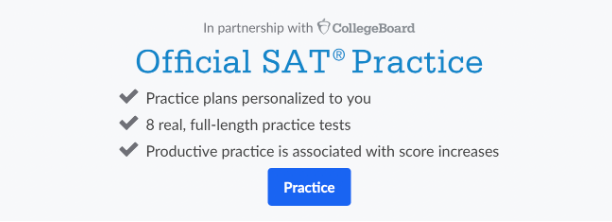
The start of the school year is often overwhelming and chaotic. Trying to find your way to classrooms you didn’t know existed, meeting new people, and the onslaught of work that you’ve become unaccustomed to all contribute to stress and pressure. So, at this point, you’re probably willing to try just about anything that can help to ease that stress. Something that will take away some of that stress is good organization. Most of us probably tell ourselves every year, “I’ll be more organized. I’ll keep separate folders, take good notes, and keep everything neat.”
But that plan probably backfires on you every time. This is because you probably didn’t have a solid plan. Either that or your plan ended up being impractical. However, there are ways of fixing that. As a person whose organizational skills have improved vastly over the past year, I present to you a few tips that can help you get organized. Don’t worry; these are much more practical and manageable.
#1: Built-in Pencil Case/Invest in A Good Backpack
Most high schoolers carry their backpacks with them throughout the school day. Oftentimes, freshmen have trouble either finding or opening their lockers. Eventually, they give up and decide to carry their stuff with them all day. This does not just apply to freshmen. Many of their upperclassmen have given up on their lockers, too. However, this leads to a heavy backpack that can contribute to spine and back problems later. One solution is to use a backpack that has a “built-in pencil case.” Essentially, one of the sections in the bag should have a little organizer for pencils, pens, and other such things. This removes the weight and disarray of a cluttered pencil case. Also, try to get a backpack that has a little bit of padding on the shoulders and back. I highly recommend backpacks such as the ones made by High Sierra. They usually have padding and help to ease the weight on your shoulders (literally, not figuratively).
#2: One Binder to Rule Them All
Most high school classes require some kind of folder or binder to hold any papers that you have. As aforementioned, most students tend not to use their lockers and resort to carrying all their binders and folders with them at all times. This makes up the majority of the weight in your backpack. However, there is, as always, an effective solution- binder dividers that double as folders. These help to save space, help you to organize your classwork, and reduce the weight of your backpack. Most of the time, these come in packs of five. If you need more than five folders, you can always buy an extra pack and save the leftovers. Also, for classes that tend to be almost all on paper (also known as English), get a regular folder that has binder holes on the edge. If only there was such a simple solution for notebooks.
#3: Color Code (no, this does not make you a nerd)
Stereotypically, people tend to believe that only nerds and geeks color-code their things. Nerdiness aside, color-coordinating your notebooks and folders can help you to find your things more easily. For example, most composition notebooks look the same- a black-and-white marble pattern. Coloring the edges or putting a sticker on it that matches the color of a particular class’s folder will help you to find your notebook faster, so you don’t have to dig through your backpack forever. This does not turn you into a nerd; it turns you into an organized person.
#4: Don’t just get a planner; use it
Be honest with yourself. You probably, in one of your failing endeavors to get organized, bought a planner of some sort. That planner has probably ended up wherever it is that things go to die in your house. Even if you’re good with remembering assignments and events, it helps to write them down in case you ever go blank or have a bad day. So don’t just get a planner and forget about it until the next time you clean out your bag or your room. Try your best to put it to use. For some, this can start as a struggle (I say this with experience). But, eventually, you’ll find that it is useful. Side note: do not rely on Google Services to keep track of things for you. It will make a mistake at some point (perhaps a catastrophic mistake).

#5: Clean out your email
I have seen people open their Gmail to reveal a plethora of emails, most of them being some type of Google Classroom notification. This can result in you missing an important email, as it would be camouflaged with all the excess emails. To solve this issue, go to the ‘inbox’ tab under ‘settings.’ There, the first setting that appears should be “inbox type.” In the dropdown menu, select “important first.” From there, Gmail will learn to keep emails from teachers and fellow students under the “important” tab while Google Classroom notifications will be left under “everything else.” Refer to the above screenshots. The last screenshot should be what your Gmail homepage looks like when you’re done.
#6: Contacts
As I mentioned earlier, meeting new people is another point of stress at the beginning of the school year. So, this next tip, which comes straight from a teacher here at FHS, takes care of that too. It is helpful to have someone that you can rely on to give you information that you might have missed in any class. If you are absent and have taken heed of my earlier words, you won’t trust Google Classroom to give you everything. You could email the teacher, but that doesn’t always produce an answer to your question fast enough. Teachers have a lot of work to do and receive a lot of emails. Though they try to respond to students as soon as possible, it will probably be a while before they find your email. This is where that classmate can come in handy. Get the phone number of someone in your class, that way you can text them with any questions you have. The best part about this system is that it’s a win-win situation since that person can text you for help, too. Plus, it might help ease the pressure of meeting new people. Regardless of how shy or introverted you are, try to find someone to play the role of a backup source when it comes to information about some of your classes.
There are so many ways to get organized, but these tips are some of the most practical ones. Of course, no matter how practical a method might be, it will never actually work unless you commit to using it. So, stop trying to convince yourself that you’ll get organized. Try doing something to get organized.






